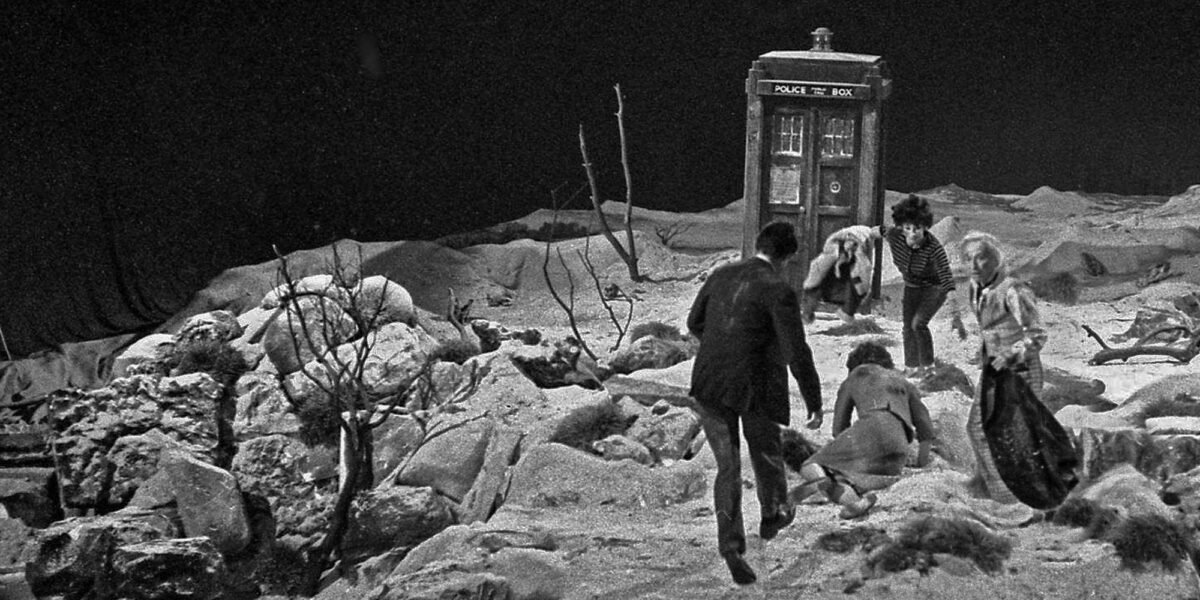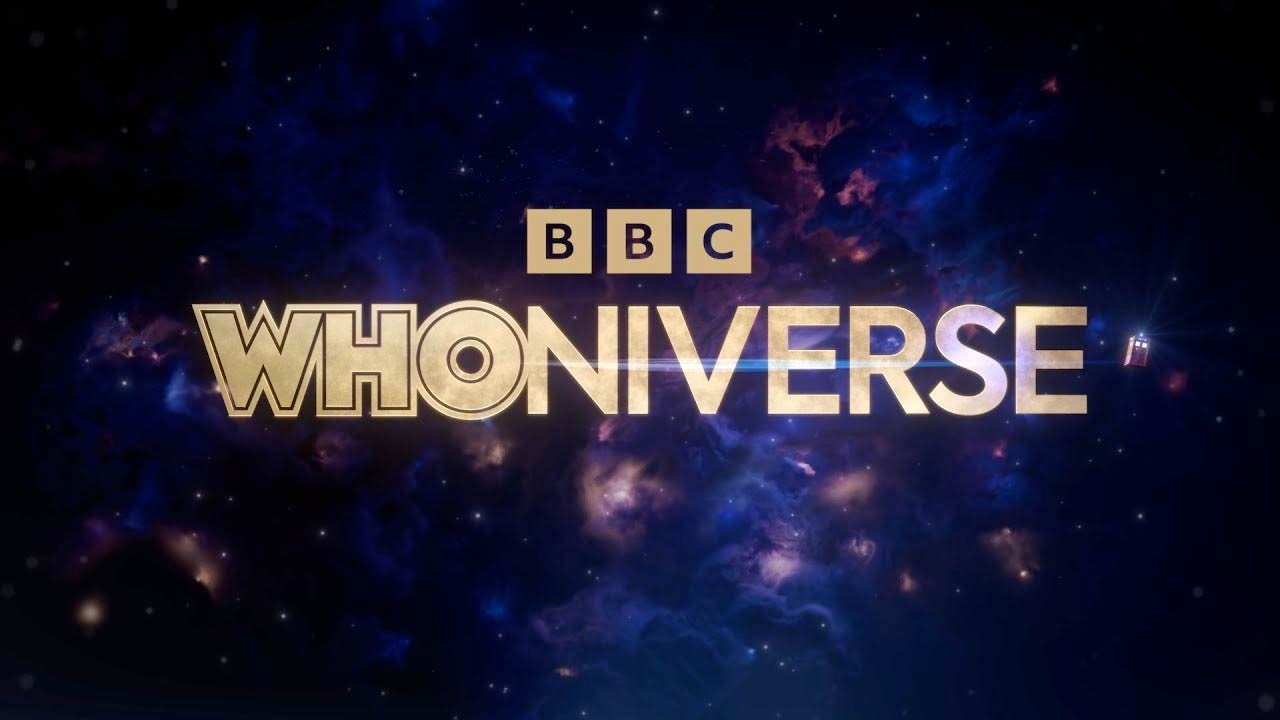The way Doctor Who is made has changed a lot over the years, but now the way it pays its makers is changing too.
The outsourcing of production to Bad Wolf Studios was the first big change that meant the show was not tied to the financial structures of the BBC as tightly as previously, and Disney+ coming onboard as a partner of the show moved the boat even further away from its traditional home within the confines (but proven employment sphere) of Britain’s leading public service broadcaster.
Whether that move is good or bad for fans at home is secondary to whether the move has been beneficial for those working on the show and will be doing so in the future.
Deadline has reported that one of the key behind-the-scenes changes since Disney+ has become involved is it has “shifted away from a residual model” and “has moved towards a buyout model” for the show’s writers.
For reference on how many people that will impact at a minimum, there have been four different writers over the last 10 episodes of the show — and The Star Beast was an adaptation of work by two other writers — and there are three writers already confirmed for the next series (and likely more given Deadline’s report).
But the origin of this change of payment model may not be about the show’s present and future, but its distant past.
Deadline’s sources indicated that commissioned writers are being paid larger sums upfront to contribute to the show rather than getting a smaller payment to write the episode and then receiving further money whenever their episodes are repeated, distributed to be shown in other countries or their ideas are used in other work. This includes original characters and settings, and widely used creations like the Daleks which the BBC has the image rights to (for use in memorabilia) but not the characters rights to (for use in stories).
This is key because Disney+’s involvement does not mean Doctor Who is produced under US labour laws, which have been a hot topic with writers striking in the nation over issues including residual payments, and is still tied to Britain’s rules about creator’s rights.
The general secretary of the Writers Guild of Great Britain (a trade union) said it wanted to scutinise the new contracts for writers on Doctor Who if Deadline’s information proved to be correct, while the website also got a comment from BBC Studios (rather than Bad Wolf Studios) which stated “all deals take into account both the rights needed by the programme funders and the fees and residuals payable to talent”.

The timeline of television production means writers for the next series of Doctor Who will likely have had their contracts, or at least the starting terms which the BBC/Bad Wolf/Disney+ use for such contracts now, settled months ago. So that predates the conclusion of the writers’ strikes in America but also the issue Russell T Davies has faced in getting the show’s first four episodes, grouped together as An Unearthly Child, back onto streaming services.
Those episodes were written by BBC staffer, Anthony Coburn, and his son Stef has taken legal action to show the BBC does not have the rights to the ideas — which the show’s 60-year history has been built upon since — from that serial. While that has not led to Bad Wolf Studios and the BBC being law-breakers by making new Doctor Who, it has led to the BBC admitting it has lost the rights to show those episodes as those rights belong to the now deceased writer, and so they cannot be watched on BBC or Disney+.
So would changing the payment model avoid future instances of writers (or their relations) taking the BBC to court over their ideas being used, and will it lead to writers being paid less? Not necessarily. The residual payments can vary in scale, and any jobbing writer will know that the more money you can make up front, the more sustainably you can live in the present even though you lose out on a long-term source of income. Also if there is never any repeat showings or reusing of a writer’s ideas, then there would never be any residual payouts anyway. That model does not guarantee additional income, but with a show like Doctor Who, it’s very likely to lead to it.
Residual rights can also be agreed upon (although no lawyer would recommend it) at a later date. For example, your script may feature original elements that neither you or the BBC would ever expect to be used again, and you prioritise other elements to licence, but then if a future writer is inspired by something small in your story and reaches out to check if they can use it in their work, then the creator can have the opportunity to stamp their name onto it legally so they can make some money from another writer using their ideas.
Would a retrospective licensing approach be used if Doctor Who really has moved to a buyout model? Of course not, because a buyout tends to mean just that occurs and the BBC would own everything in the script bar the script itself. Writers want to hold onto their ideas for more than just money, and the buyout model would deny them the chance to unless Russell T Davies’ multiverse plan really opens up doors for writers to revisit their own work via spin-offs.
But again, this is hard to be sure of without being in a BBC Writers’ Room or in discussions with Doctor Who‘s showrunner who we would like to think would want to look after his fellow writers. As for fans who write stories set in the Doctor Who universe and share them online or in published fanzines, don’t worry, a change of payment model on the show shouldn’t put you in legal trouble.



